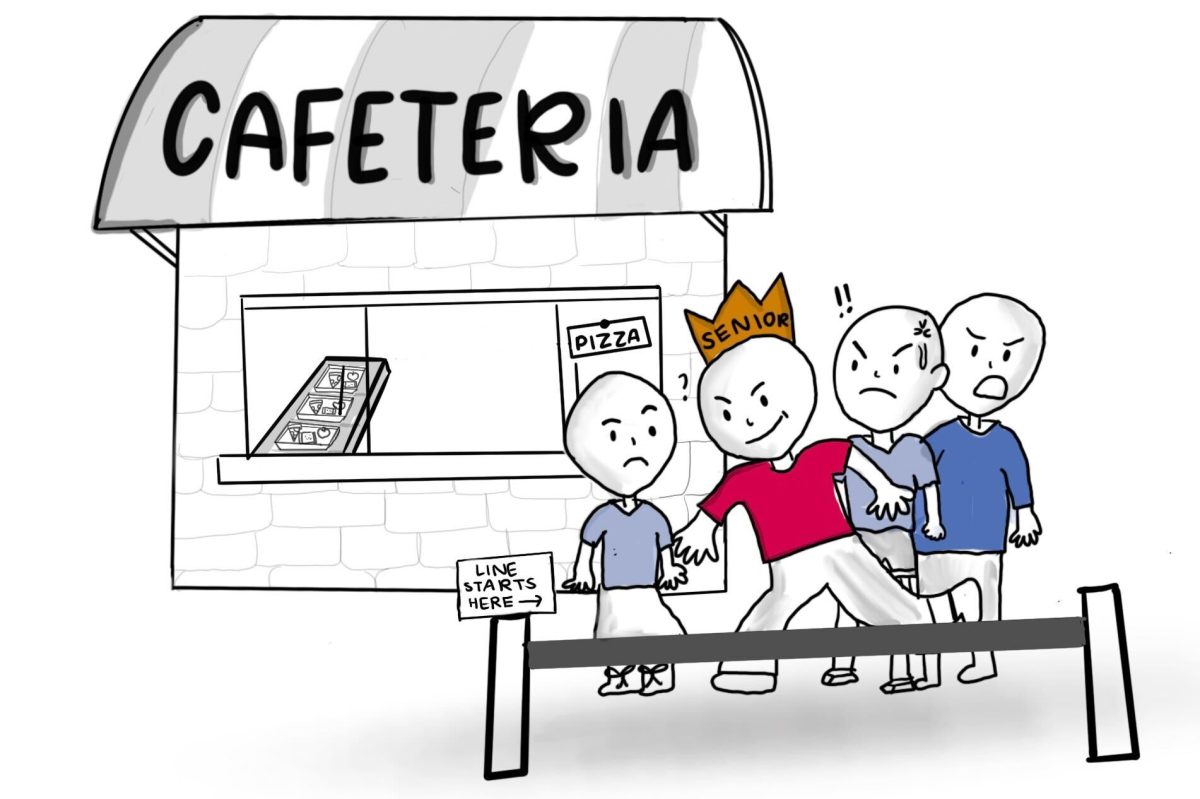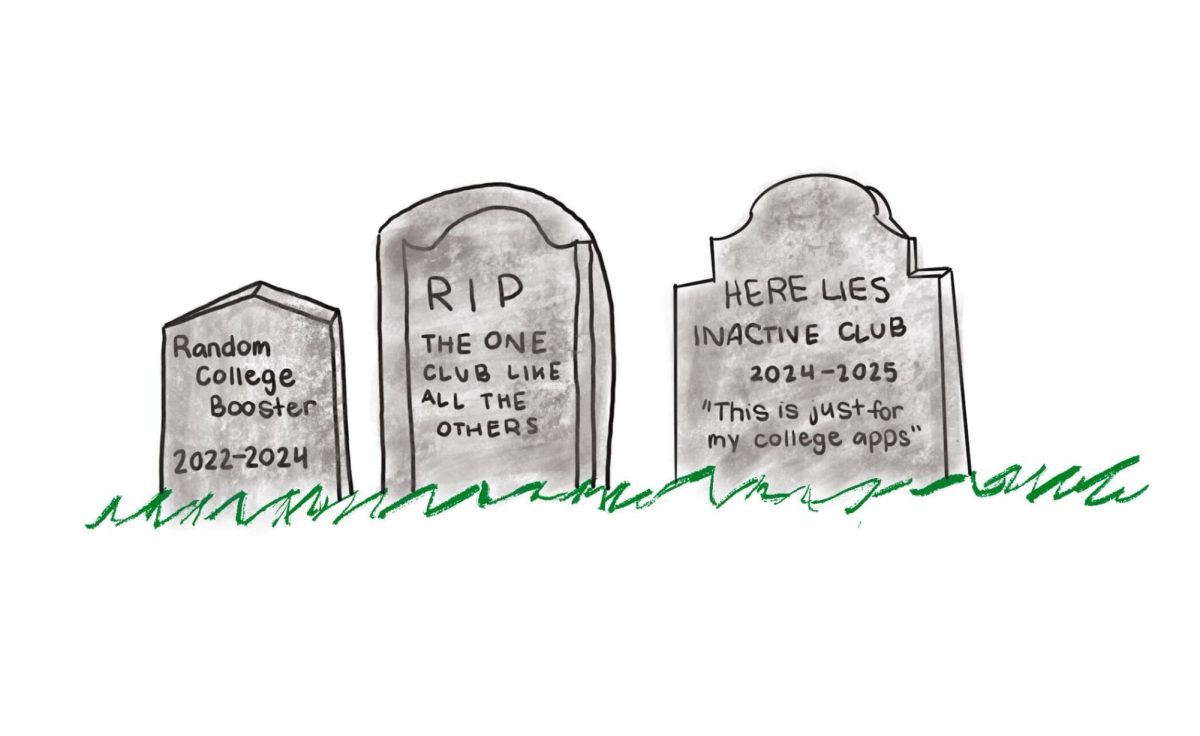After Hamas militants attacked Israel on October 7, killing more than 1,400 people, social media has been flooded with information about the Israel-Hamas war. Unfortunately, not all the information disseminated come from reputable sources.
According to a survey conducted by the American Press Institute, 74% of Generation Z obtain news from at least one social media platform on a daily or weekly basis. Though each company has policies regarding misinformation and disinformation — for example, Meta claims to remove speech that is likely “to contribute to the risk of imminent physical harm” and “certain highly deceptive manipulated media” — it’s still unwise to believe everything without fact-checking.
From celebrities like Justin Bieber, who incorrectly posted an image of Gaza’s destruction as Israel, to a widely-circulated Facebook screenshot, later revealed to be fabricated, in which Israeli military claimed credit for bombing a Gaza hospital on October 17, it is clear social media’s information accessibility is a double-edged sword.
We at The Hoofprint believe that in the face of such a divisive conflict, young people should have access to unbiased media coverage; only then can they exercise their right to free speech with informed opinions that contribute to a more productive discussion.
The first step to having a discussion is choosing the right terminology, but we understand just how difficult that can be. We ran into problems ourselves while writing this editorial. We had to choose between “conflict” or “genocide,” “terrorists” or “militants,” “killings” or “massacres” — all the while wondering if there were nuances we were missing, or better terms to capture the conflicting emotions we felt.
We saw President Biden give a speech saying that “the United States has Israel’s back,” supporting Israel’s “right to respond to these vicious attacks.” But we also saw statistics that depict the disproportionate death tolls — 1,400 Israelis compared to 9,200 Palestinians killed, thus far. In researching this topic, we’ve struggled to isolate facts from noise and sensational stories, and we’re sure we are not alone.
This is why having a welcoming environment for discourse is so important; it lessens the impact of misinformation and challenges us to reexamine our own beliefs. We recognize that many people have strong opinions regarding the Israel-Hamas war, but having strong opinions doesn’t mean being unwilling to recognize anyone who thinks differently, nor should it prevent people from learning about a differing viewpoint.
Open exchanges encourage people to actively think and seek out new information in a way that intolerance never could. In today’s Digital Age, we are constantly being inundated with information, whether we want to or not. This puts a unique expectation on us to consume media responsibly, but it also gives us an unprecedented access to a wealth of knowledge. It’s up to each of us to decide what to do with that — as long as we remember that other people have the right to decide for themselves as well.






